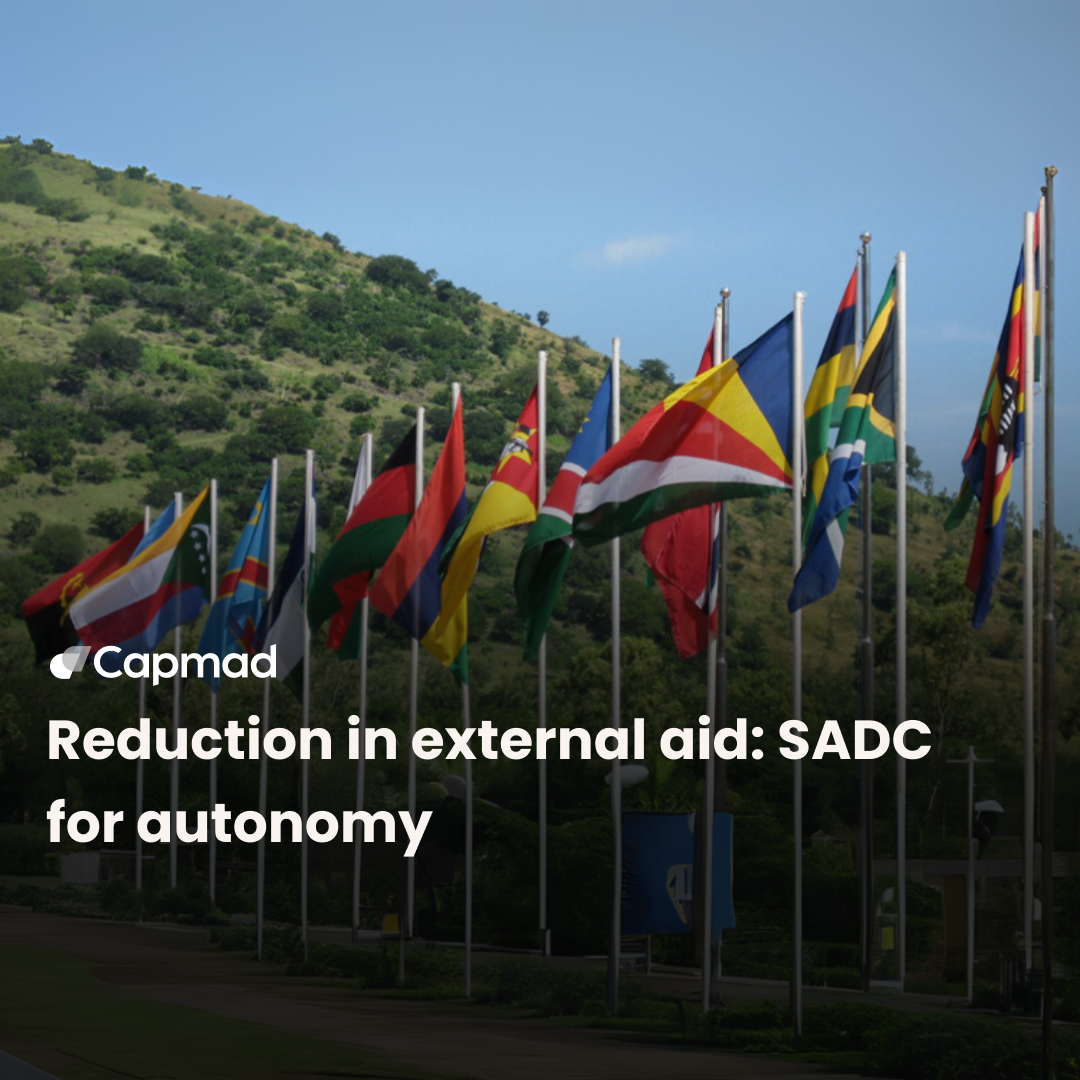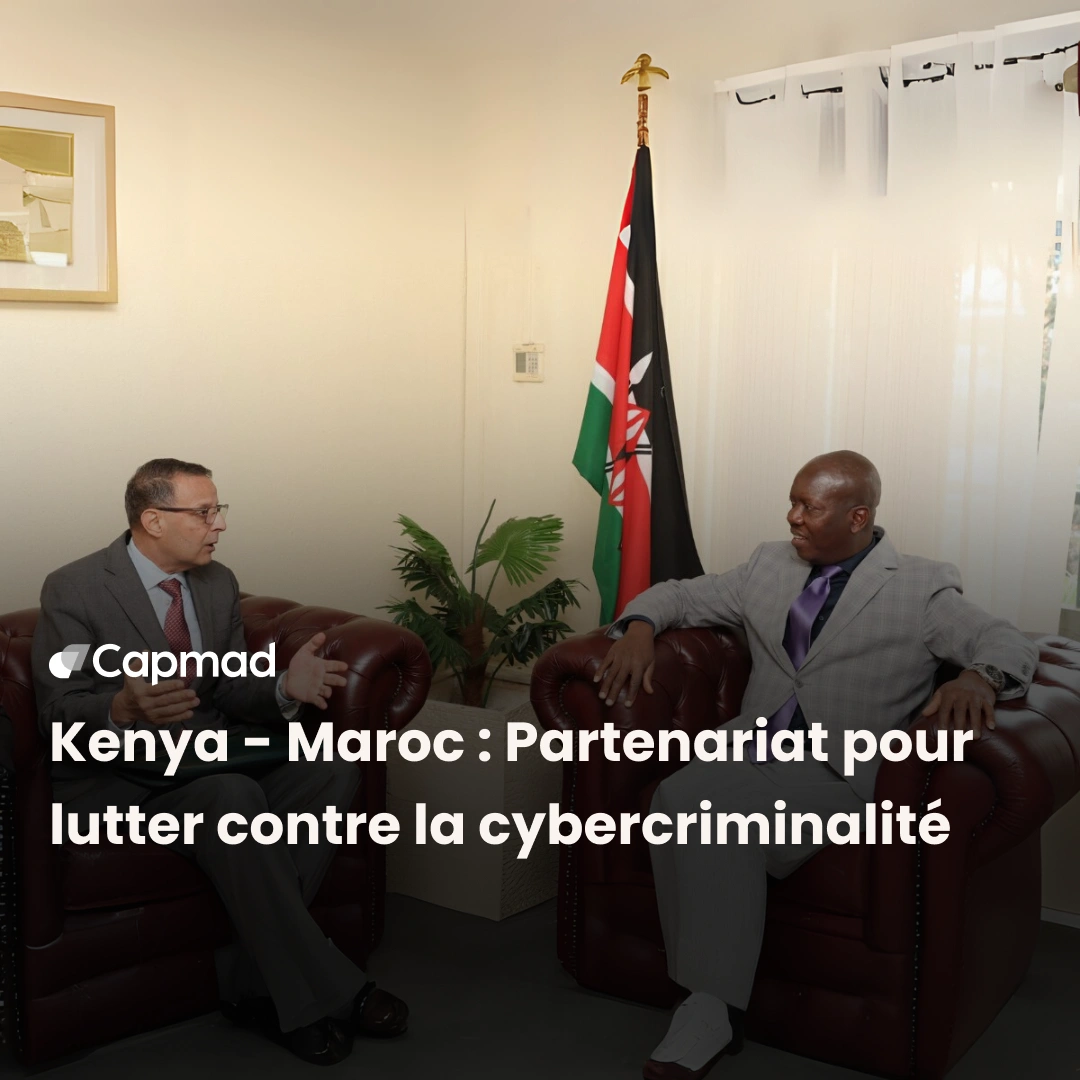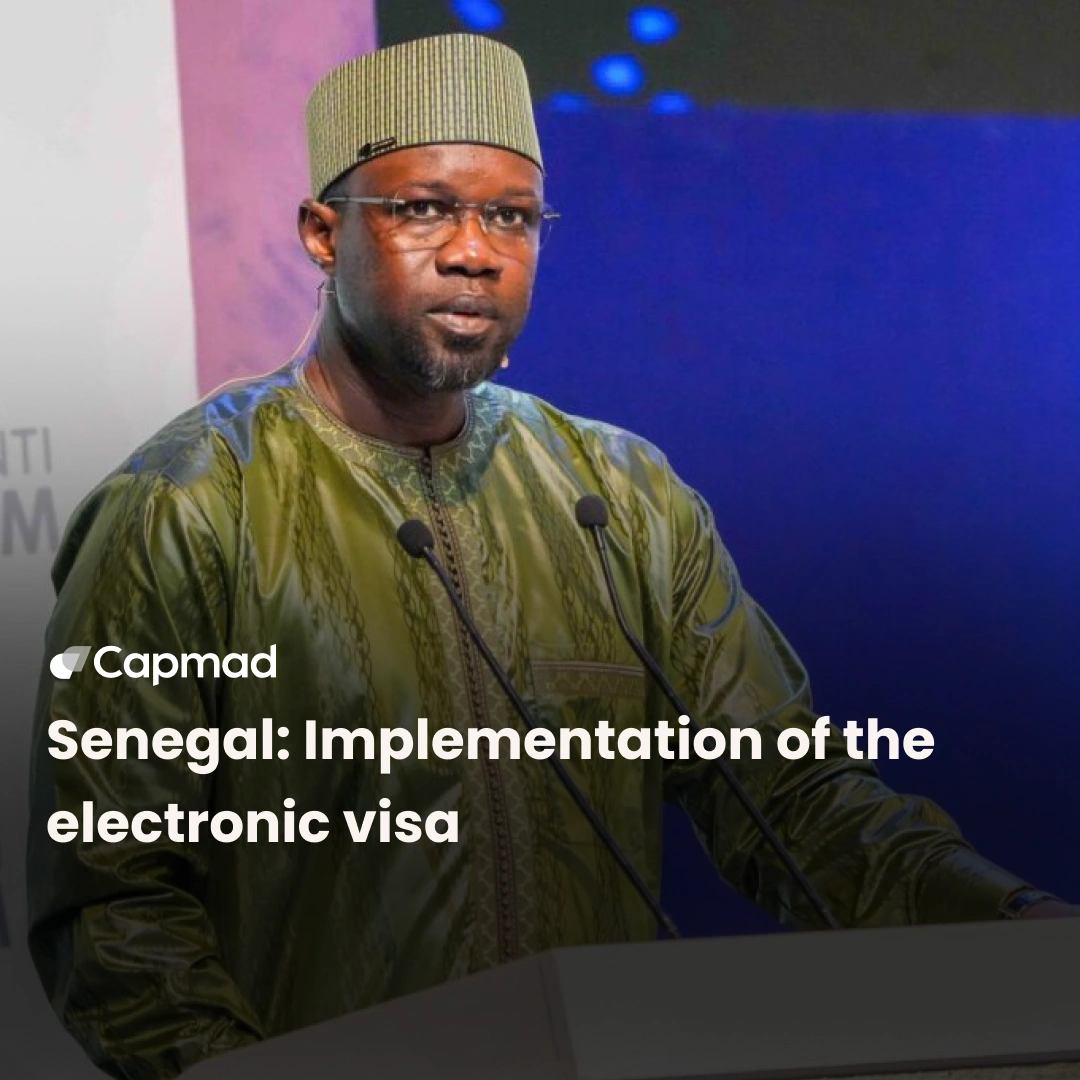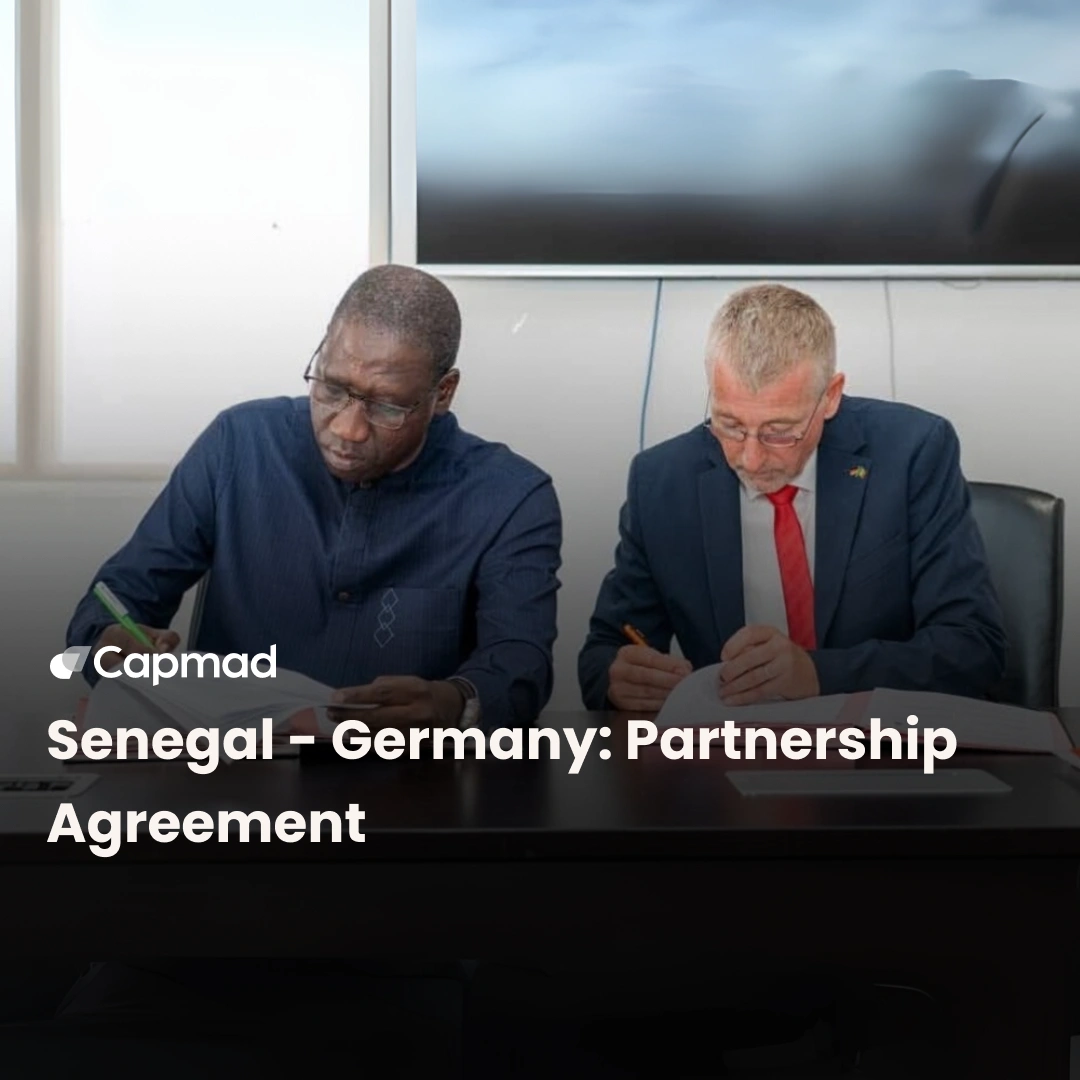The Economic Community of West African States (ECOWAS) takes a significant step in regional infrastructure development by validating the Praia-Dakar-Abidjan highway route. This ambitious project aims to connect the capital of Cape Verde, Praia, to Dakar, the capital of Senegal and Abidjan, the largest city in Côte d’Ivoire. With a total estimated length of approximately 3,164 kilometers, this highway is designed to boost trade, improve connectivity and foster economic integration among West African countries.
Praia-Dakar-Abidjan: A major highway project
A technical workshop was held in The Gambia from 26 to 28 February 2025. The objective was to confirm the route of this 3,164-kilometre supranational highway, including 600 kilometres of maritime link, which connects eight nations in the region. ECOWAS has set up the key Praia-Dakar-Abidjan corridor project, which aims to promote the free movement of people and goods, reduce trade barriers and consolidate economic integration at the regional level.
The Praia-Dakar-Abidjan highway is one of the flagship projects of the ECOWAS Infrastructure Programme, which aims to improve transport infrastructure in the region. The total cost of this project is estimated to reach USD 5 billion. This amount includes the construction of roads, bridges, as well as related infrastructure such as toll stations and rest areas.
ECOWAS stressed that this project is not limited to the construction of a simple highway. It is a real economic corridor that should facilitate the transport of goods and people between member countries. Indeed, the Praia-Dakar-Abidjan road is supposed to reduce the travel time between these cities, which can currently reach several days due to insufficient road infrastructure.
Economic impact
The economic impact of the Praia-Dakar-Abidjan highway is promising. According to a study conducted by the West African Development Bank (BOAD), the construction of this highway could generate up to 200,000 direct and indirect jobs. In particular, in the construction, transport and services sectors. In addition, once operational, the highway could increase intra-regional trade by 30%, thus facilitating access to markets for small and medium-sized enterprises (SMEs) in the region.
The countries concerned are Cape Verde, Senegal and Côte d’Ivoire. They should also benefit from a significant increase in their tax revenues. In particular, thanks to the increase in trade and economic activities along the corridor. Indeed, ECOWAS predicts that trade between these countries could reach 1.5 billion USD per year once the highway is completed.
Environmental and social issues
The implementation of this project is not without challenges. Environmental and social issues must be taken into account. The construction of the highway could have an impact on local ecosystems, particularly in rural areas and national parks. ECOWAS has therefore planned to integrate environmental protection measures into the project, including environmental impact studies and consultations with local communities.
In addition, it is essential that the benefits of this highway are shared equitably between the countries and populations. ECOWAS says it will put in place mechanisms to ensure that local communities are involved in the decision-making process and benefit from the economic benefits of the project.
A turning point in regional integration efforts
The validation of the Praia-Dakar-Abidjan highway route marks a turning point in regional integration efforts in West Africa. This project is part of a broader vision of infrastructure development on the continent, with other similar initiatives underway, such as the Trans-Saharan Highway project.
ECOWAS has also expressed its commitment to working closely with the governments of the countries concerned, as well as with international partners. The aim is to mobilize the necessary financing to carry out this project. Discussions are already underway with financial institutions such as the World Bank and the African Development Bank to obtain loans and grants.
Transforming the region’s economic landscape
The validation of the Praia-Dakar-Abidjan highway route is a major step forward for economic integration within ECOWAS and infrastructure development. This ambitious project has the potential to transform the region’s economic landscape, facilitating trade and creating jobs. However, it is crucial that environmental and social issues are taken into account to ensure sustainable and inclusive development.
With strong commitment from governments and international partners, the Praia-Dakar-Abidjan highway could become a symbol of regional cooperation and progress in West Africa.






